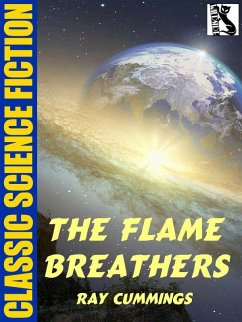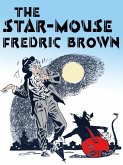Vulcan was a doom-world. One expedition had mysteriously disappeared, and now another was following in its path-searching for the unknown menace that stalked Vulcan's shadowed gorges.
Dieser Download kann aus rechtlichen Gründen nur mit Rechnungsadresse in A, D ausgeliefert werden.









